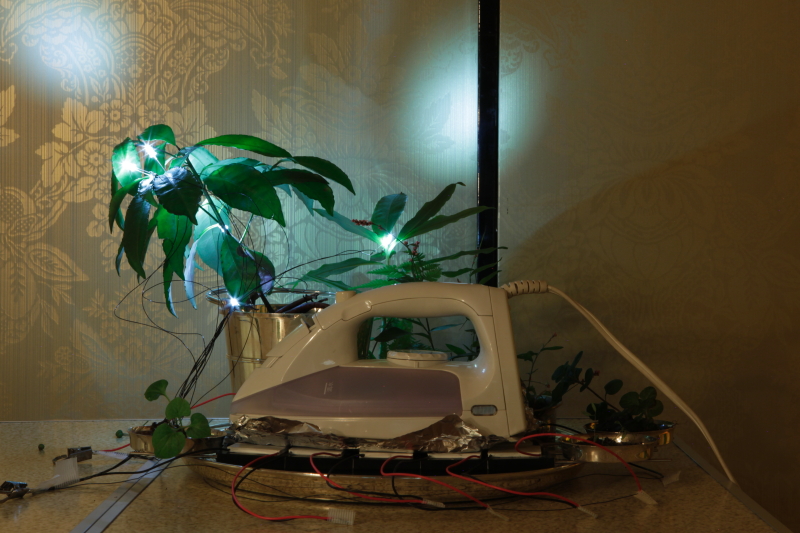When a human being is born, the first thing they do is look for their mother’s white breast milk. When we die, we expel black stool from our bodies to cleanse our bodies before we breathe our last. For humans, the time towards the end of life may be the process of returning to the mother’s body.
Recently, Hanae Utamura became a mother and Kyoko Ebata has lost her father.
For two months, Ebata stared at her father, who was only suffering in living hell even though he was definitely on his way to death. In ancient times, she would have had to kill him to stop the suffering of her beloved father, but because she loved him, she wanted him to be there, and she just kept shedding tears.
When Ebata’s father was in very pain, he said “mom”. She was not sure if he was referring to his mother or his wife, but she, who had never been a mother, was shaken by the idea of a mother, and now, confronting her own mother, with whom she had been at odds for a long time. She feels a strange sense of change in their relationship, frightened of her mother’s death, frightened of being alone, and trying to rebuild connections with others.
Alongside Utamura’s own mother is supporting her father, she who has become a “mother” experiences pure love, pleasure and pain for her child, and struggles with the codependency of pain and healing, in which she devotes herself to the other person and supports the other person’s body, while being thrown around by the contradictions of modern society, which continues to polarize, repeat, and self-propagate the individual.
The beginning of life and the experience of death, which a person experiences once in a lifetime, is a world that has no memory and can only be perceived from the outside. While there must be countless stories, it seems that there are very few opportunities to talk about this today.
In the field of life and death, there are families and people who care for them. With the development of science and medicine, humans seem to be becoming more and more free, and the choices we have seem to be getting more and more confusing. And with the overflow of information, we seem to be more and more divided.
The United Nations issued a report on “human security,” reporting that although humanity has become economically prosperous, six out of seven people are insecure. And in the midst of the corona disaster, war has started again. What was it that we had built up?
Ebata and Utamura, now living in Japan and the US, are at a turning point in their lives. They make works about these issues while deepening their dialogues, examining the history of societies and countries from personal family relationships, reviewing the values and knowledge systems that modernization has promoted, and trying to rethink what the heck it means to live as human beings on this earth.
